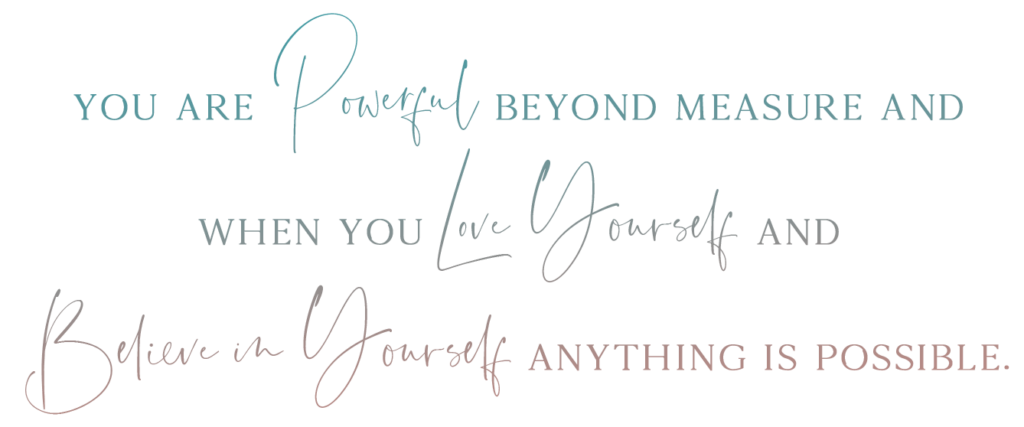Sleep is essential to feel good physically, mentally and emotionally. Insufficient rest can have a profound and even dangerous effect on our bodies and minds. Besides affecting our mood and ability to think clearly, consistent sleep deprivation can lead to serious heart problems. Because restorative sleep is essential to our health, effectively treating any bouts of insomnia, no matter how brief, is crucial for optimal health.
Quality Time in the Sun
Time in the morning sun is simple way to insure good sleep at night. Serotonin, a neurotransmitter in the brain is released by exposure to the sun. It’s also the precursor to the “sleep hormone,” melatonin. It takes about 12 hours for serotonin to convert to melatonin. To get enough light exposure, it’s recommended to walk for 30-45 minutes in the morning sunlight. Avoid wearing anything that blocks light from your eyes as they need to be exposed to direct sunlight for your brain to register the light. Thus, no sunglasses, visors or hats, but feel free to wear sunscreen. Don’t be discouraged even if it’s gray and cloudy outside. Even on overcast days, we can get the light our brain needs through the cloud cover.
Complete darkness
The sleep hormone, melatonin is also known as the “darkness hormone” as it is produced when our eyes experience darkness and can be affected by even the smallest amount of light. Light exposure also increases cortisol, the stress hormone that tells us to wake up and stay alert. Melatonin and cortisol work against each other but for our benefit. We need cortisol to wake up and melatonin to go asleep. Manipulating when and how much light you are exposed to can help you control your hormones.
Thus to encourage melatonin production, begin to reduce your light consumption in the early evening. Besides using less light at night, avoid the blue light emissions from electronic screens and wear eye masks to block any extraneous light that you can not be turned off or cover. When we reduce and then eliminate our light exposure at night, we are telling our bodies that it’s time to sleep.
Go to bed early
From controlling weight to improving skin appearance, it’s best to go to bed by 10pm. When we sleep, our brains experiences both non-rapid eye movement (non-REM) and rapid eye movement (REM). Non-REM sleep happens in the early part of the night while REM sleep occurs closer to sunrise. Both types of sleep are important and necessary but non-REM sleep tends to be more restorative. By going to bed between 9am-11pm and waking 5am-7am, we are honoring our natural circadian rhythms and will wake up feeling more refreshed and rejuvenated.
Sleep Aids to the Rescue!
Occasionally, our sleep patterns are disturbed. Whether it’s jetlag, stress or sickness, you don’t need to suffer. Instead of taking pharmaceutical chemicals like allergy meds and cough syrup to knock you out, try taking some melatonin, valerian root and magnesium. These tried and true sleep aids are backed by science and easy on the body.
Finally from time-to-time, stress can make it hard for our brains to shut off and go to sleep. First, try meditation by focusing on your breathing and letting your thoughts pass by without attachment. Then if you still have trouble with an overactive mind, consider taking CBD oil for anxiety as it is a natural remedy that has a calming effect as well as the ability to bring balance to our hormones.
Article by guest writer: Erica Long
Erika Long loves corgis, curry and comedy. Always searching for the next great snuggle, flavor or laugh, she inspires people to live their best life now. When not writing, Erika can be found at her local brewery dominating Harry Potter trivia night.




 Gracefully put yourself first
Gracefully put yourself first